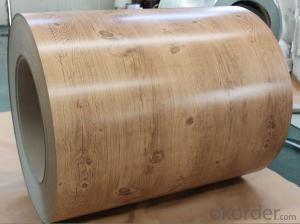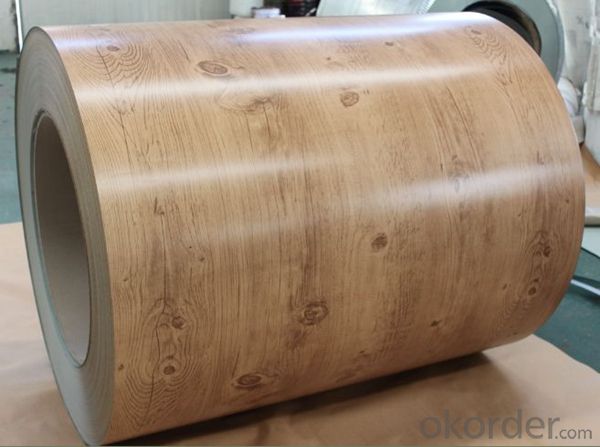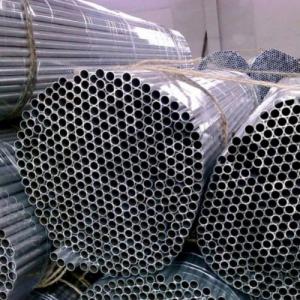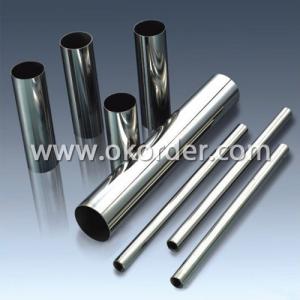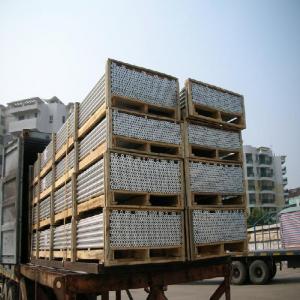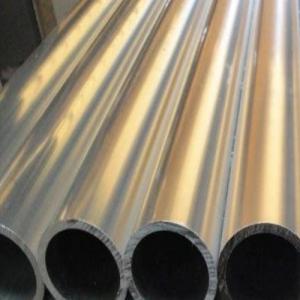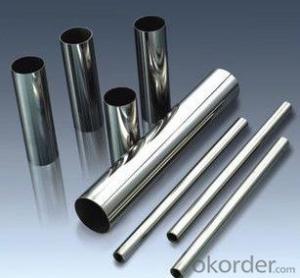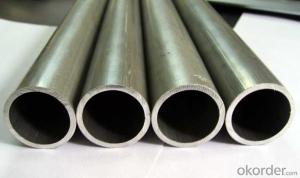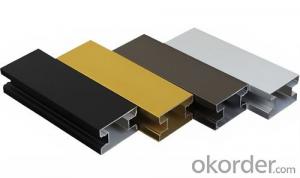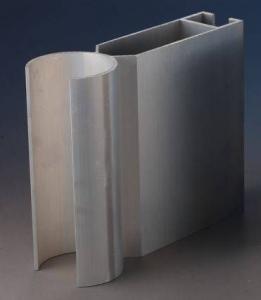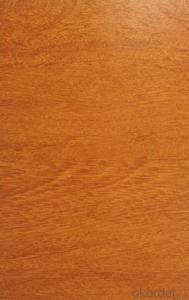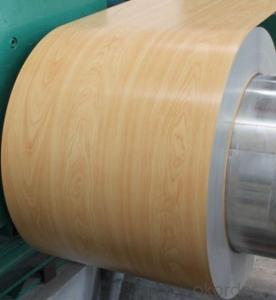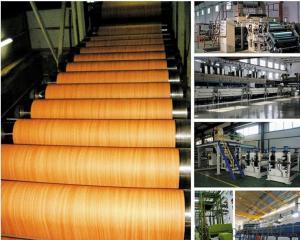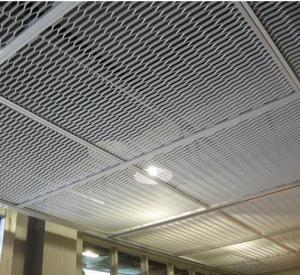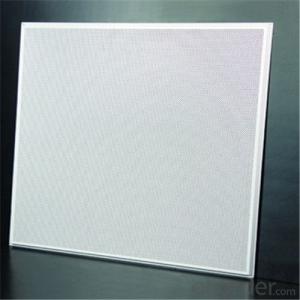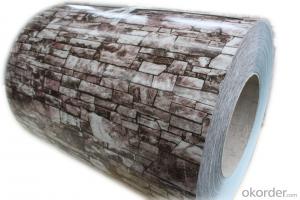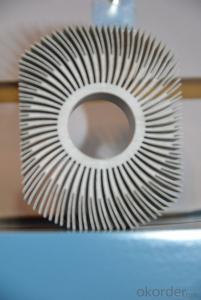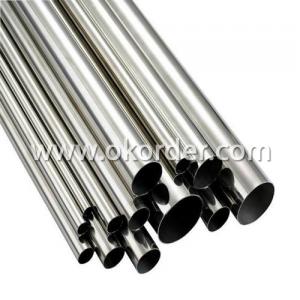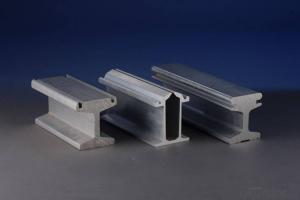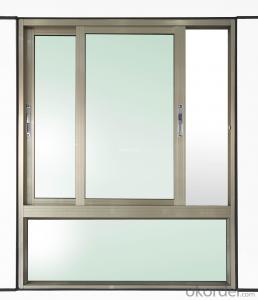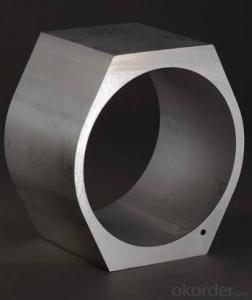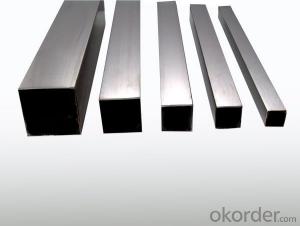Wooden Grain Coating Aluminum Pipes for Ceiling Tiles
- Loading Port:
- Shanghai
- Payment Terms:
- TT OR LC
- Min Order Qty:
- 5 m.t.
- Supply Capability:
- 10000 m.t./month
OKorder Service Pledge
OKorder Financial Service
You Might Also Like
Specification
1. Specification of Wooden Grain Coating Aluminium Coils for Ceiling Tiles
characteristics | Application |
1) Super peeling strength | 1) Building exterior curtain walls |
2) Excellent surface flatness and smoothness | 2) Decoration and renovation additions for old buildings |
3) Superior weather, corrosion, pollutant resistance | 3) Decoration of interior walls, ceilings, bathrooms, kitchens and balconies |
4) Even coating, various colors | 4) Shop door decorations |
5) Fireproof, excellent heat and sound insulation | 5) Advertisement board display platforms and signboards |
6) Superior impact resistance | 6) Wallboards and ceilings for tunnels |
7) Lightweight and easy to process | 7) Industrial materials, materials for vehicles and boats |
2. Application of Wooden Grain Coating Aluminium Coils for Ceiling Tiles
(1).Interior: wall cladding, ceilings, bathrooms, kitchens and balconies, shutters, doors...
(2).Exterior: wall cladding, facades, roofing, canopies, tunnels, column covers , renovations...
(3).Advertisement: display platforms, signboards, fascia, shop fronts...
3. Feature of Wooden Grain Coating Aluminium Coils for Ceiling Tiles
• Our goods quality is top, the surface is smooth, and every steel coil
• No Joint, No Bends, no spots, no roller marks.
• MTC will be provided with goods, third part inspection is acceptable, for example, SGS, BV. Etc
Be free from Oil Stain, Dent, Inclusion, Scratches, Stain, Oxide Dicoloration, Breaks, Corrosion, Roll Marks, Dirt Streaks and other defect which will interfere with use
4. Certificate:
SGS and ROHS(if client request, paid by client), MTC(plant provided), Certificate of Origin(FORM A, FORM E, CO), Bureau Veritas and SGS (if client request, paid by client), CIQS certificate
5. Image of Wooden Grain Coating Aluminium Coils for Ceiling Tiles
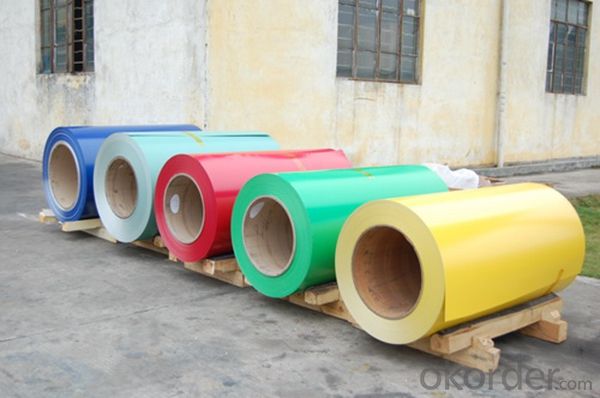
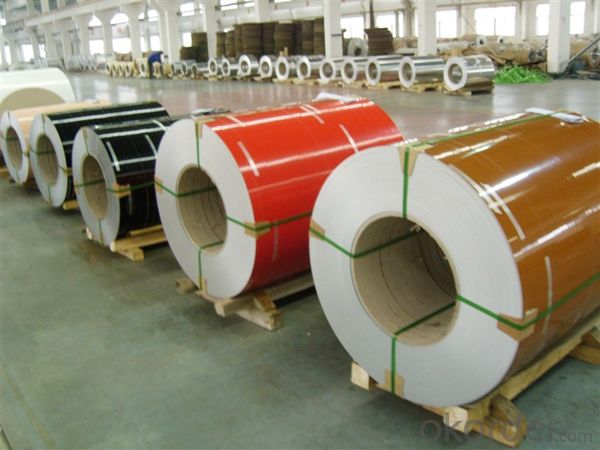
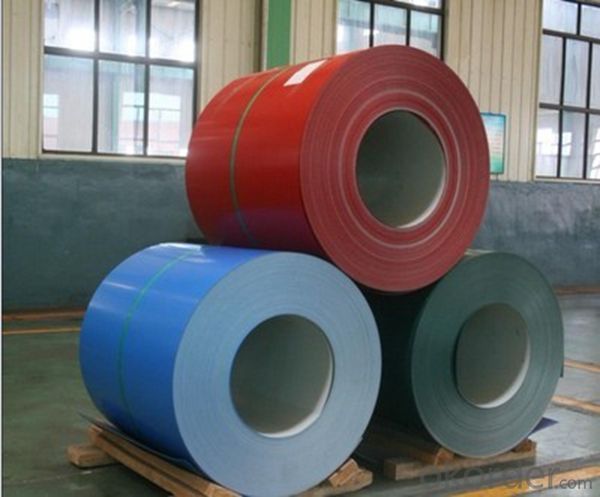
6. Package and shipping of Wooden Grain Coating Aluminium Coils for Ceiling Tiles
eye to wall
eye to the wall
with wood pallet (wooded case also available)
7. FAQ
1) What is the delivery time?
Dpends on actual order, around 20 to 35 days
2)What is the QC system:
We have QC staff of 20 persons and advanced equipment, each production is with MTC traced from Aluminum ingot lot.
3) What market do you mainly sell to?
Australia, America, Asia, Middle East, Western Europe, Africa etc
- Q: Need to know the answer urgently. If anyone knows, please answer, thank you.........Supplement: aluminum without primer spraying, spray and spray paint, paint is 22 dilute acid. After spraying up, adhesion is good, not easy to fall, what formula, or in paint which need to add what?
- The main consideration of painting on aluminum is the adhesion between primer and aluminum. In general, the market is more use of phosphating primer, phosphating primer is a sacrificial paint (will cause damage to the base material), and the high requirements of adhesion performance is not ideal.Also, the base coat is made of ordinary epoxy resin, and the adhesive force is rather weak.At present, relatively strong adhesion paint, 100 meter test can reach 100%, in China only a few foreign paint production enterprises.
- Q: How to bend thin aluminum tube without flat
- This is a difficult technical problem, you can try to make a special tool, a special diameter and elbow radius, aluminum tube filled with dry fine sand, aluminum tube heating,
- Q: What are the different pressure ratings available for aluminum pipes?
- The pressure ratings for aluminum pipes can vary depending on the specific type and size of the pipe. However, commonly available pressure ratings for aluminum pipes range from 150 psi (pounds per square inch) to 300 psi.
- Q: Are aluminum pipes suitable for underground cable conduits?
- Yes, aluminum pipes are suitable for underground cable conduits. They are corrosion-resistant, lightweight, and durable, making them a reliable choice for protecting and housing cables underground.
- Q: What happened to the mold sticking when drawing the aluminum pipe? How do you make the mold?
- Such as tensile material, material circle diameter, tensile concave convex mold with the size, size, material sticking position, whether or not to pull the thin stretch, lubricating oil type and so on, which is the hard alloy you say ah, we generally use outside processing, not only tungsten steel, pull thin shallow drawing himself with the lathe. Their hard alloy quenching, the workpiece material is easy to stick, 0.05MM does not produce sticky material, the size of R according to the general drawing coefficient depends on the material, if the material is allowed, R can be a little friction, the area is small, the workpiece pulled out a little too smooth, the temperature is not too high to die I also met sticky material problems, 0.5MM aluminum plate, 7 points pulled into a pen inside the ink tube, which is always a sticky material, later changed the way the size of the die,
- Q: Are aluminum pipes suitable for marine applications?
- Yes, aluminum pipes are suitable for marine applications. Aluminum is a lightweight and corrosion-resistant material, making it an ideal choice for use in marine environments. It has excellent resistance to saltwater, which is a common element in the marine industry. Aluminum pipes are also highly durable and can withstand extreme weather conditions, including high winds, waves, and impact from debris. Additionally, aluminum has a high strength-to-weight ratio, which allows for the construction of strong and efficient marine structures. Overall, aluminum pipes offer numerous advantages and are widely used in various marine applications, including boat building, offshore structures, and marine pipelines.
- Q: Are aluminum pipes resistant to UV radiation?
- Yes, aluminum pipes are generally resistant to UV radiation.
- Q: How do you weld aluminum plate and aluminium tube?
- Acetylene was welded several decades ago and now carbon dioxide gas is used to protect the welding
- Q: Are aluminum pipes suitable for power plants?
- Yes, aluminum pipes can be suitable for power plants in certain applications. Aluminum pipes offer several advantages in power plant environments. Firstly, aluminum is lightweight, which makes it easier to handle and install compared to other materials. This can save time and labor costs during construction or maintenance activities. Additionally, aluminum pipes have excellent corrosion resistance properties, allowing them to withstand the harsh conditions often found in power plants, such as high temperatures, humidity, and chemical exposure. Moreover, aluminum has good thermal conductivity, which means it can efficiently transfer heat, making it suitable for applications such as heat exchangers or cooling systems in power plants. However, it is important to note that aluminum pipes may not be suitable for all power plant applications. For instance, in high-pressure systems or where extreme temperatures are involved, other materials like steel or alloys may be more appropriate. Therefore, careful consideration of the specific requirements and conditions of the power plant is necessary to determine if aluminum pipes are suitable for a particular application.
- Q: Do aluminum pipes have any specific limitations in terms of length?
- The length of aluminum pipes is subject to certain limitations, which are determined by factors such as the diameter, thickness, and intended use of the pipe. One limitation is the potential for buckling or collapse when subjected to excessive weight or pressure. This is particularly relevant for longer aluminum pipes with smaller diameters or thinner walls. By carefully selecting appropriate pipe dimensions and reinforcement methods, this limitation can be mitigated through proper engineering and design considerations. Another factor that affects the length limitations of aluminum pipes is their expansion and contraction in response to temperature changes. Aluminum has a higher coefficient of thermal expansion compared to materials like steel, causing it to expand and contract more significantly. This can lead to stresses and potential damage, especially in longer pipes where temperature differences may be more pronounced. To address this, it is essential to account for these thermal effects in the design and ensure appropriate allowances are made. Furthermore, the transportation and handling of aluminum pipes can impose limitations on their length. Longer pipes may be challenging to transport and maneuver due to their size and weight. Specialized equipment or techniques may be necessary to ensure safe and efficient handling. To summarize, while there are limitations on the length of aluminum pipes, these can be overcome through proper engineering, design considerations, and handling methods. Consulting experts and adhering to industry standards are crucial to ensuring the safe and effective use of aluminum pipes in any given application.
Send your message to us
Wooden Grain Coating Aluminum Pipes for Ceiling Tiles
- Loading Port:
- Shanghai
- Payment Terms:
- TT OR LC
- Min Order Qty:
- 5 m.t.
- Supply Capability:
- 10000 m.t./month
OKorder Service Pledge
OKorder Financial Service
Similar products
Hot products
Hot Searches
Related keywords
